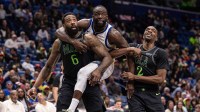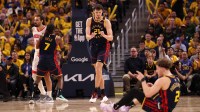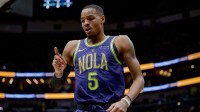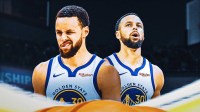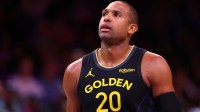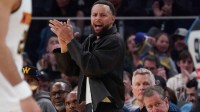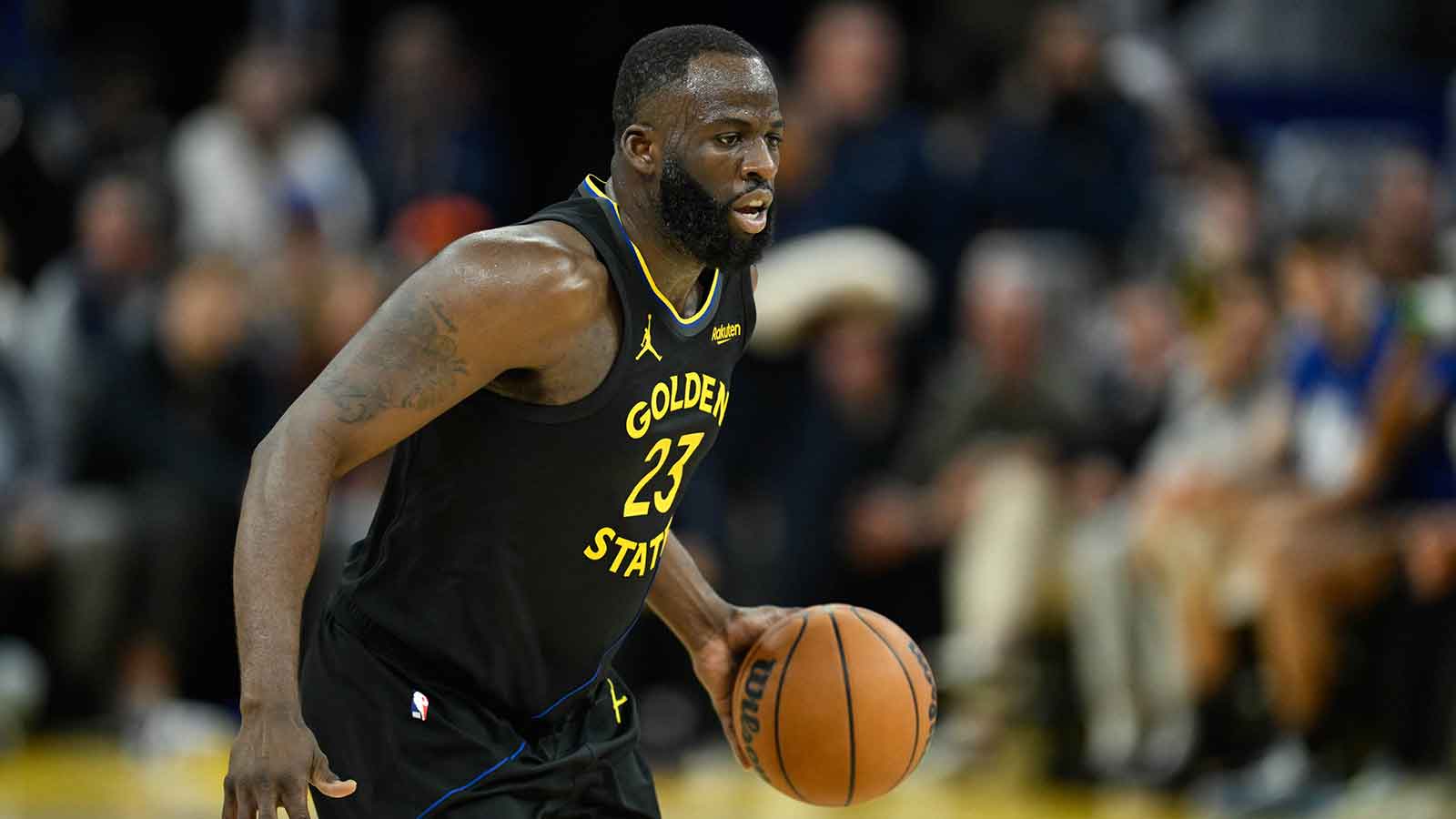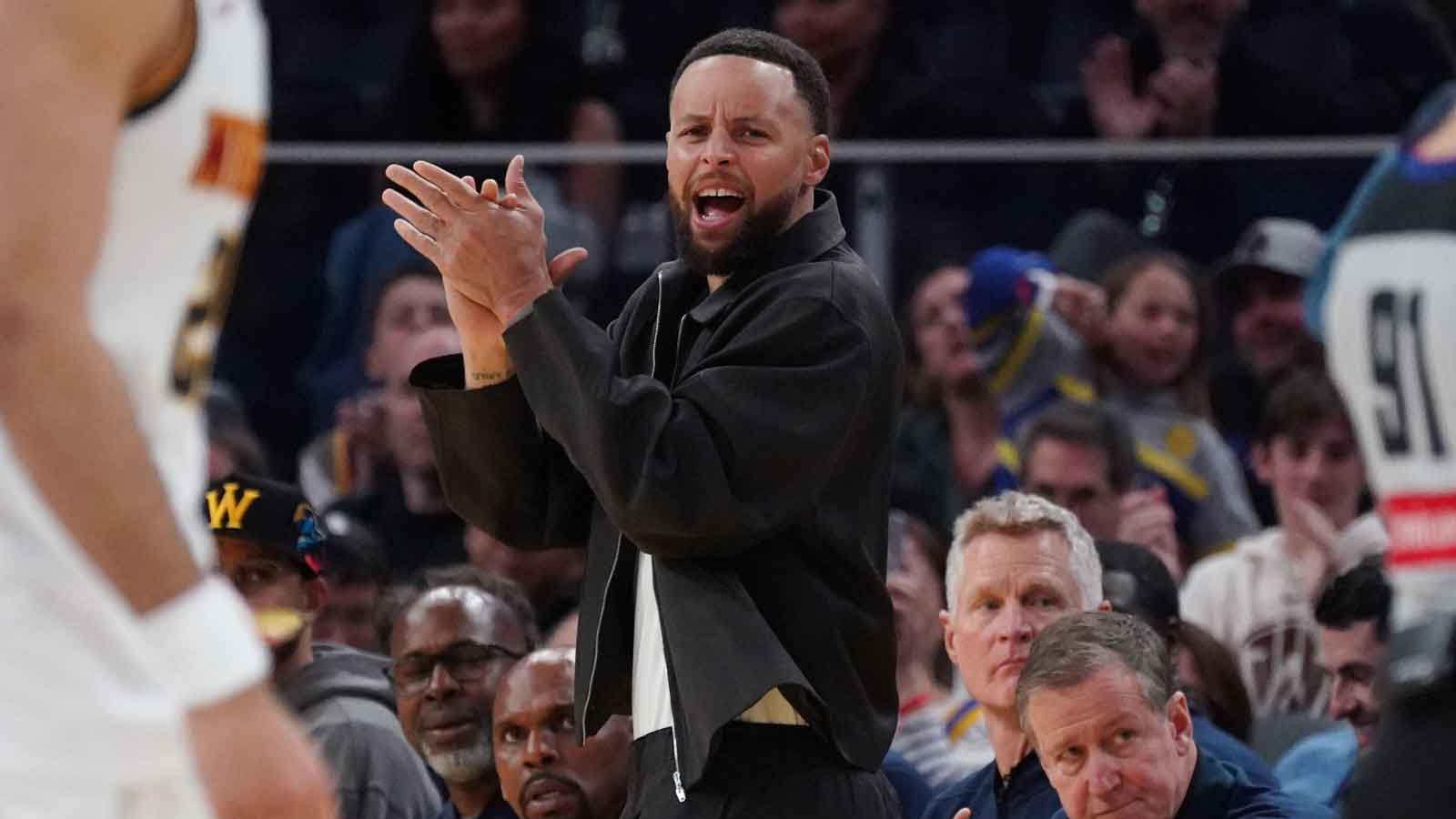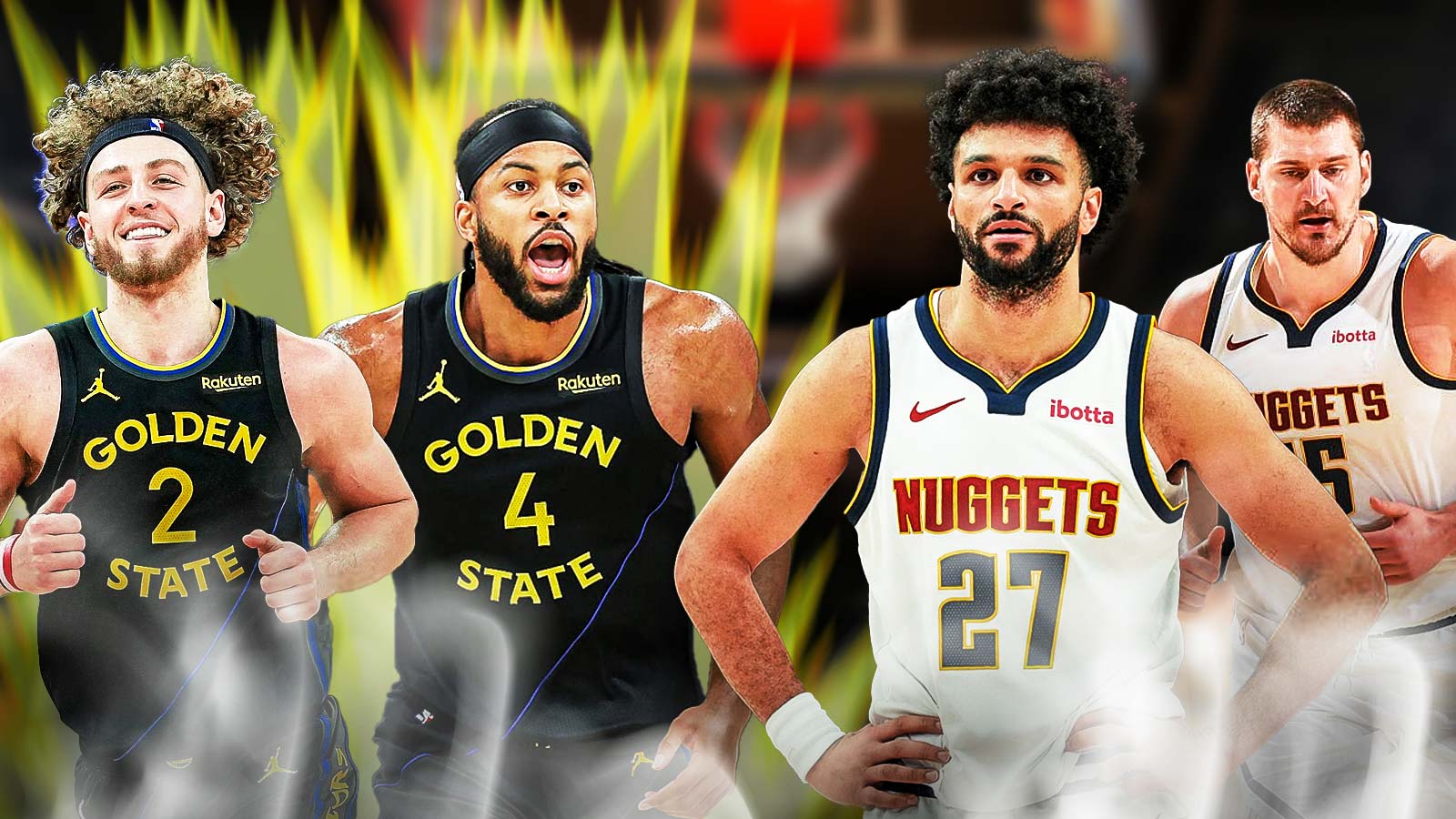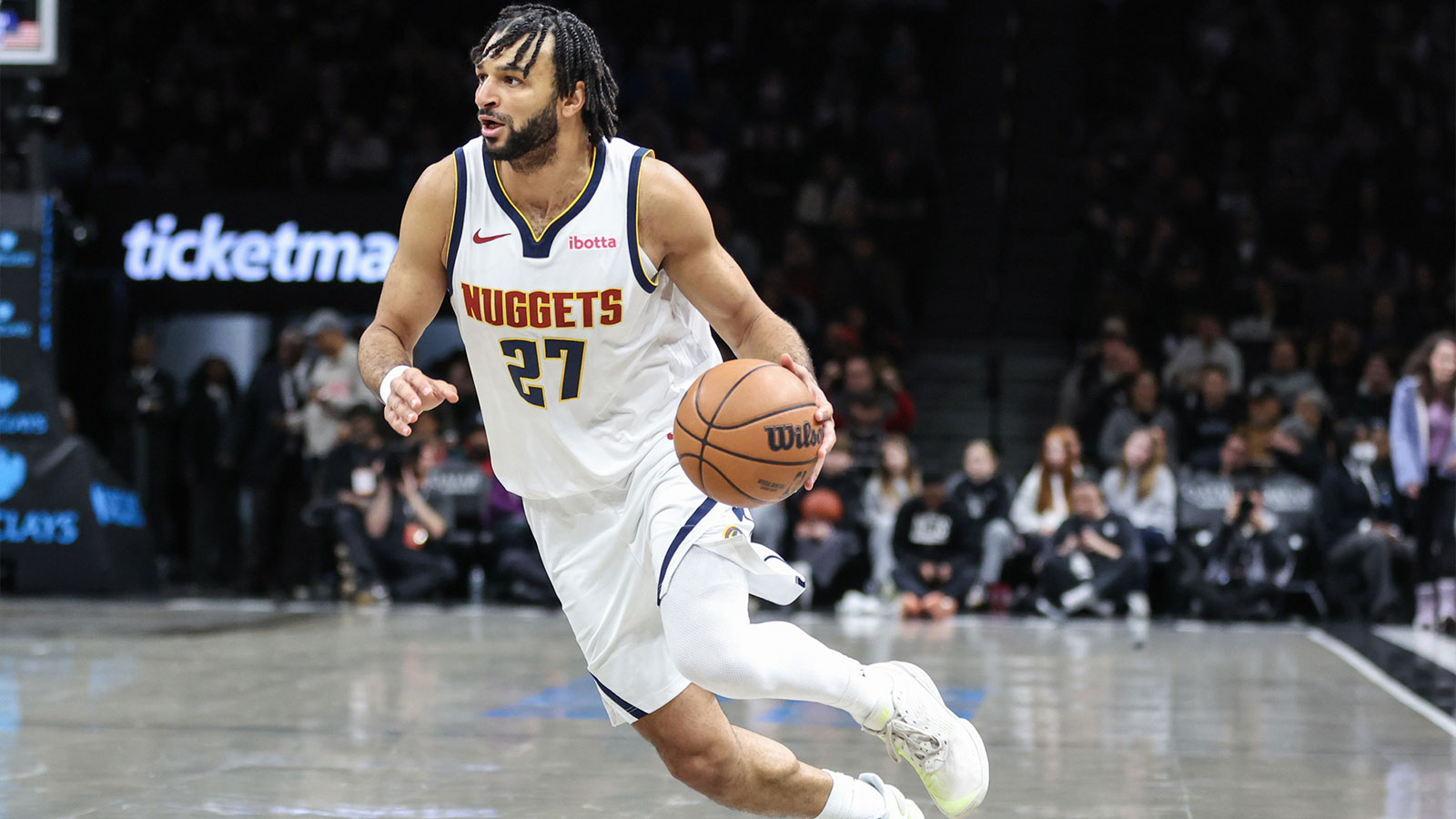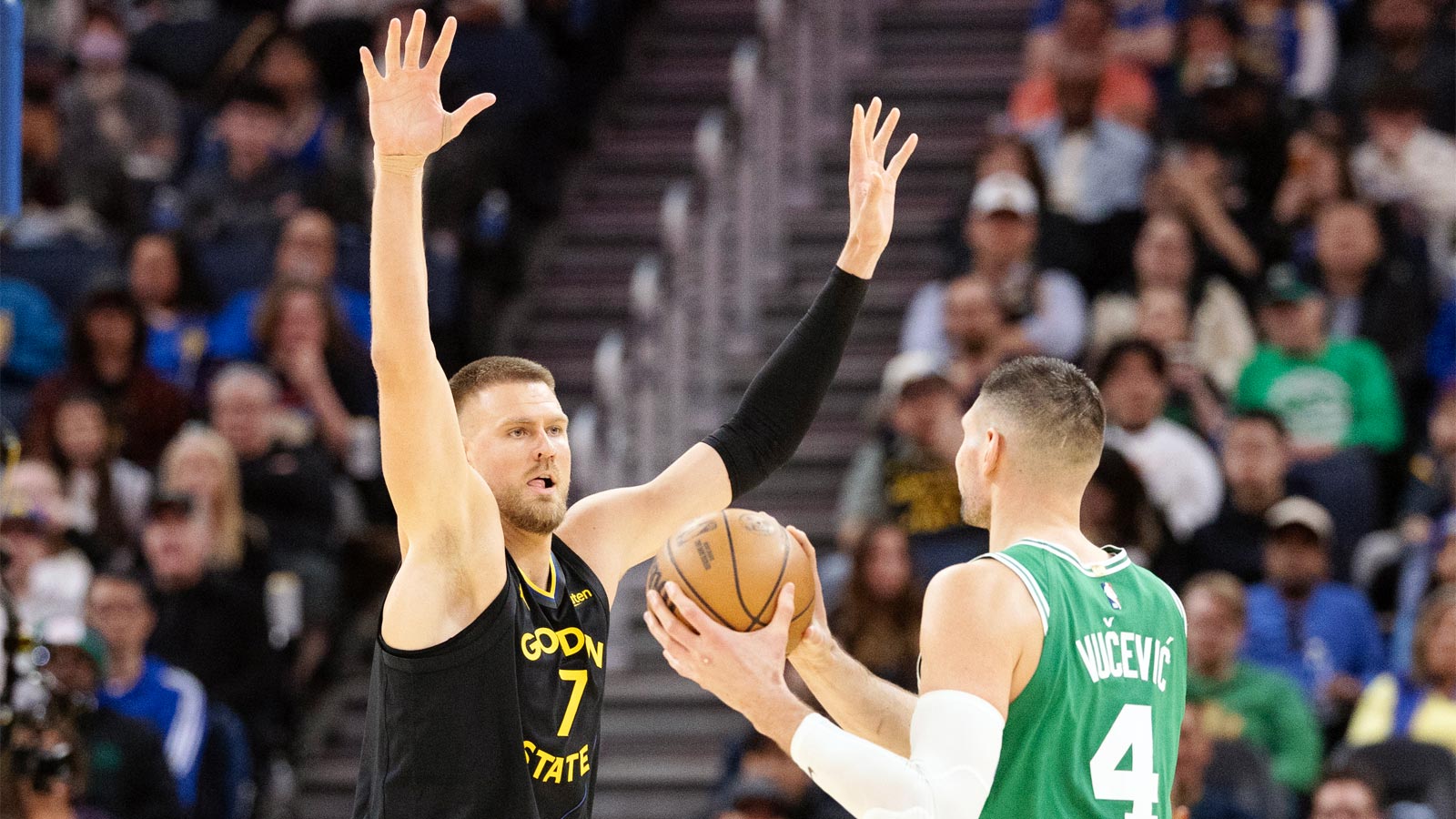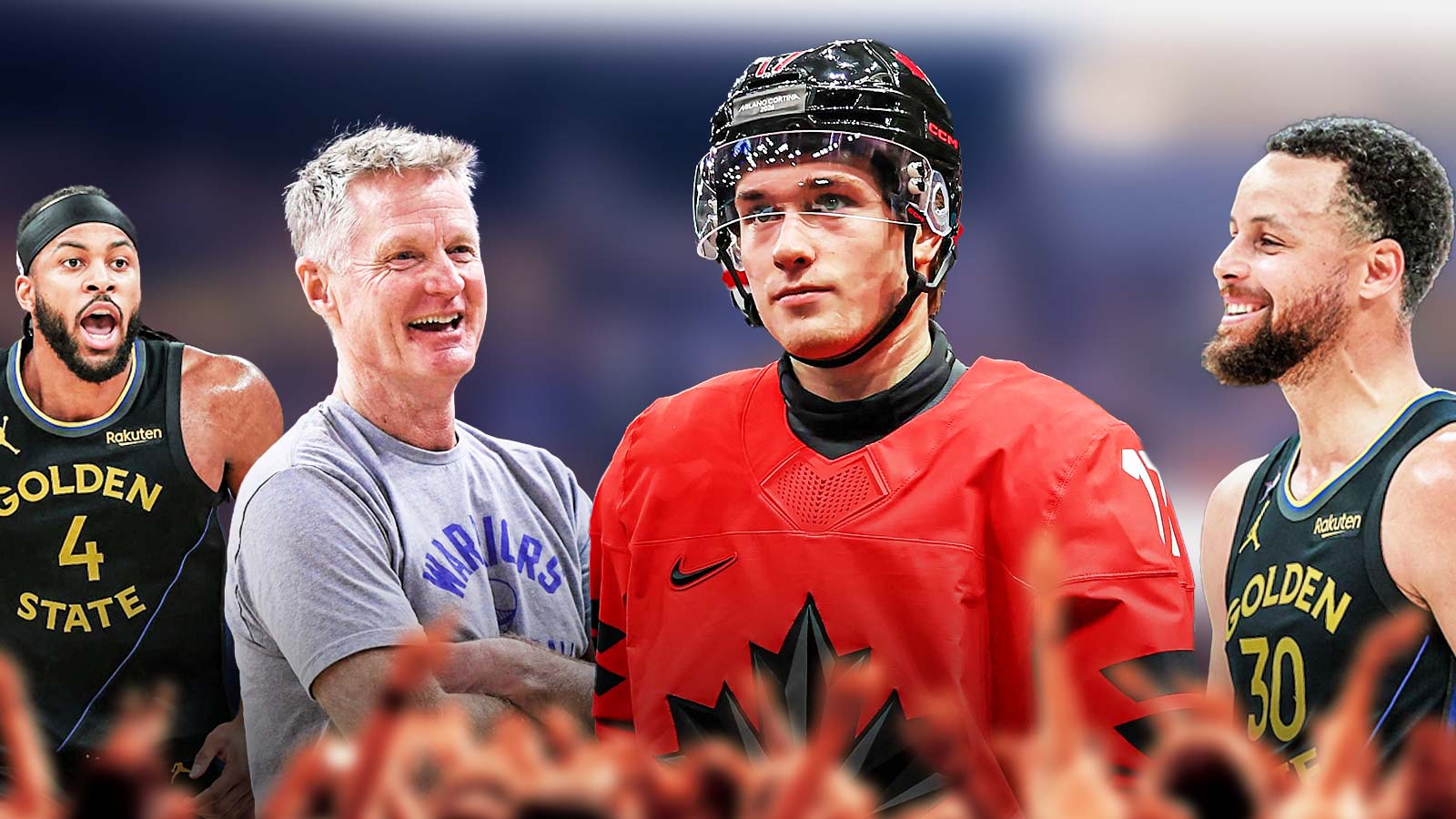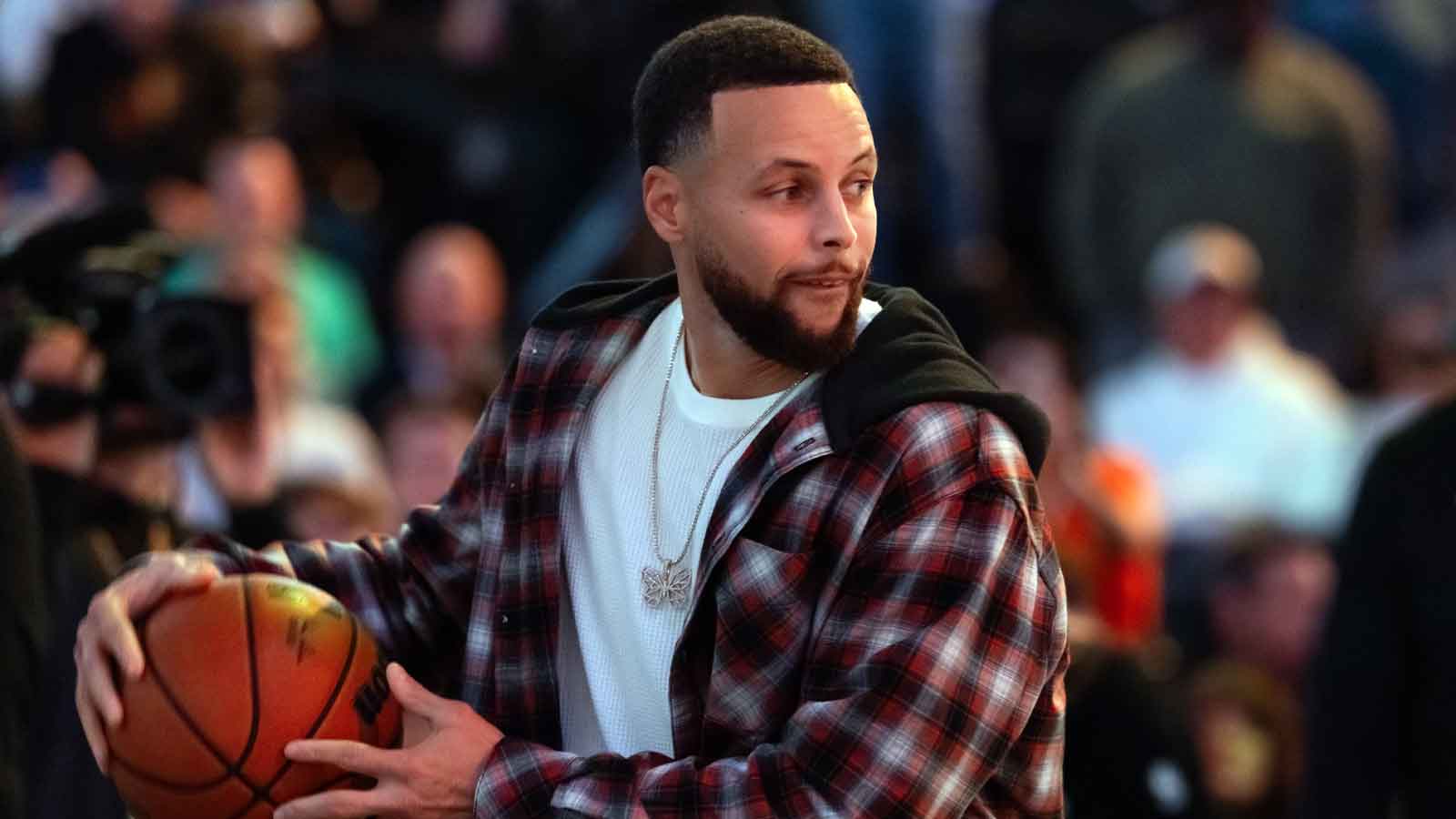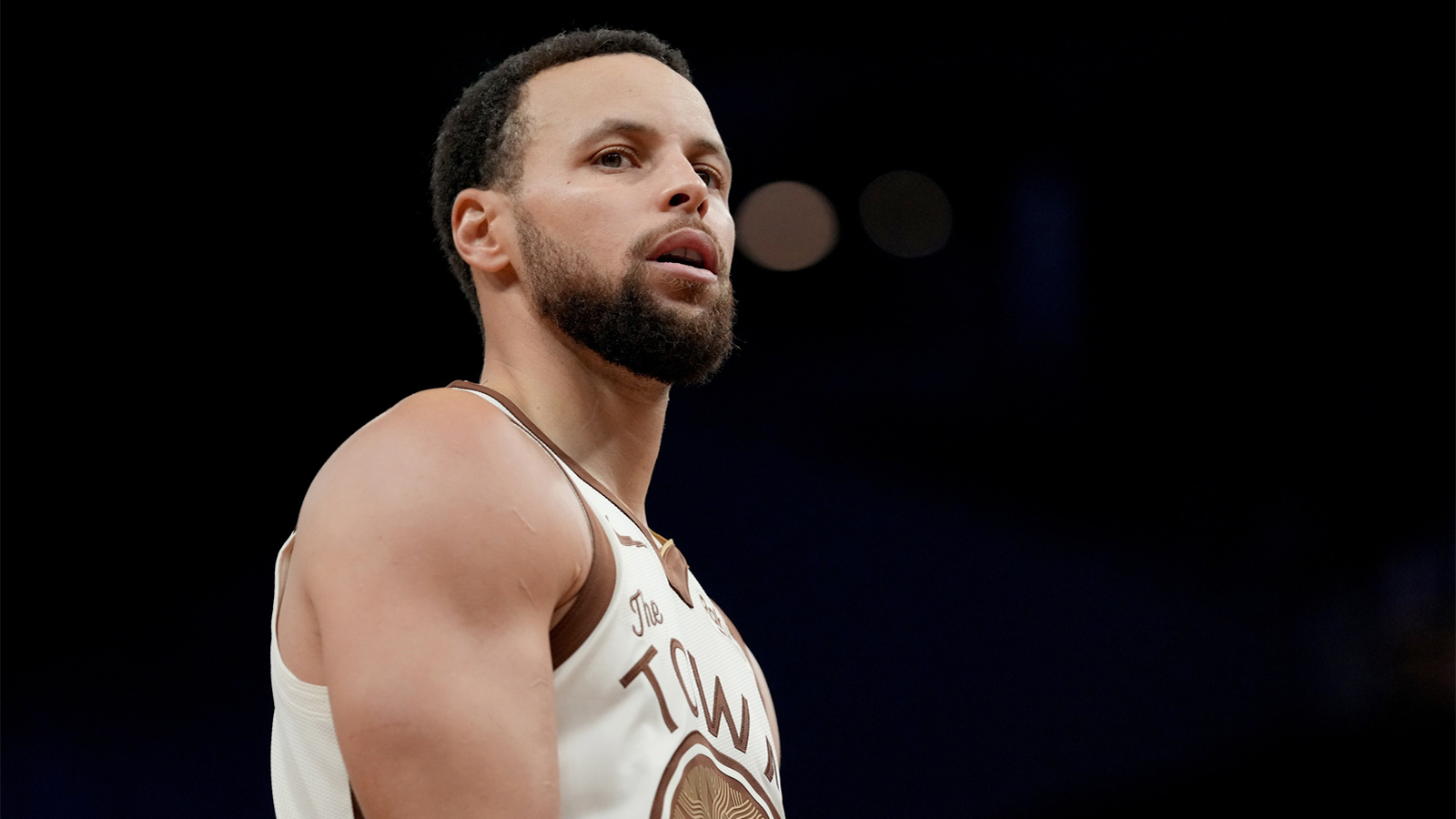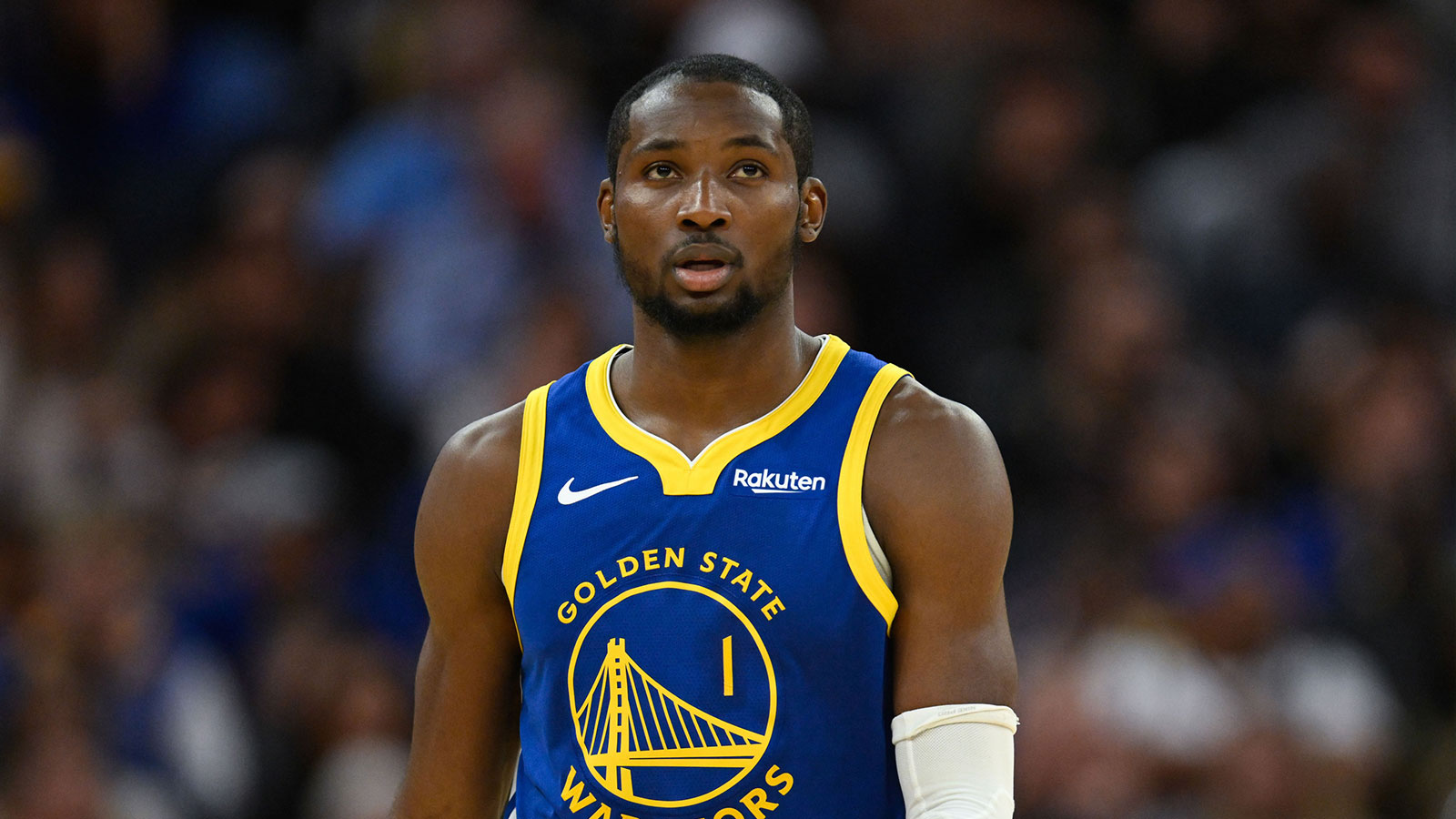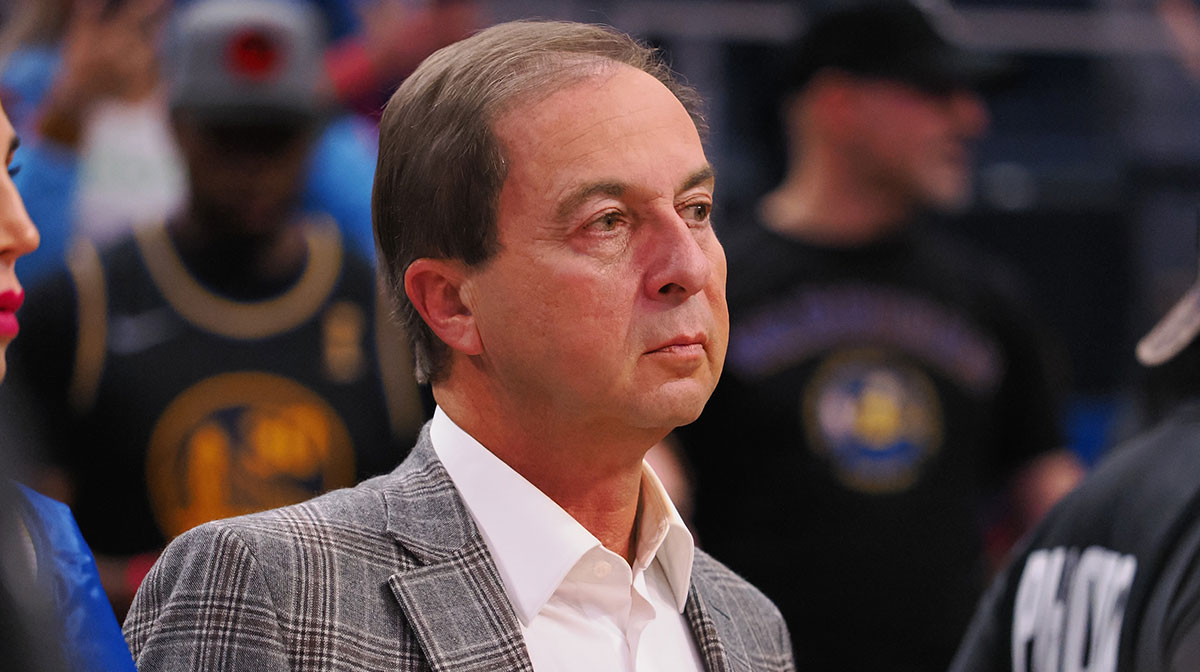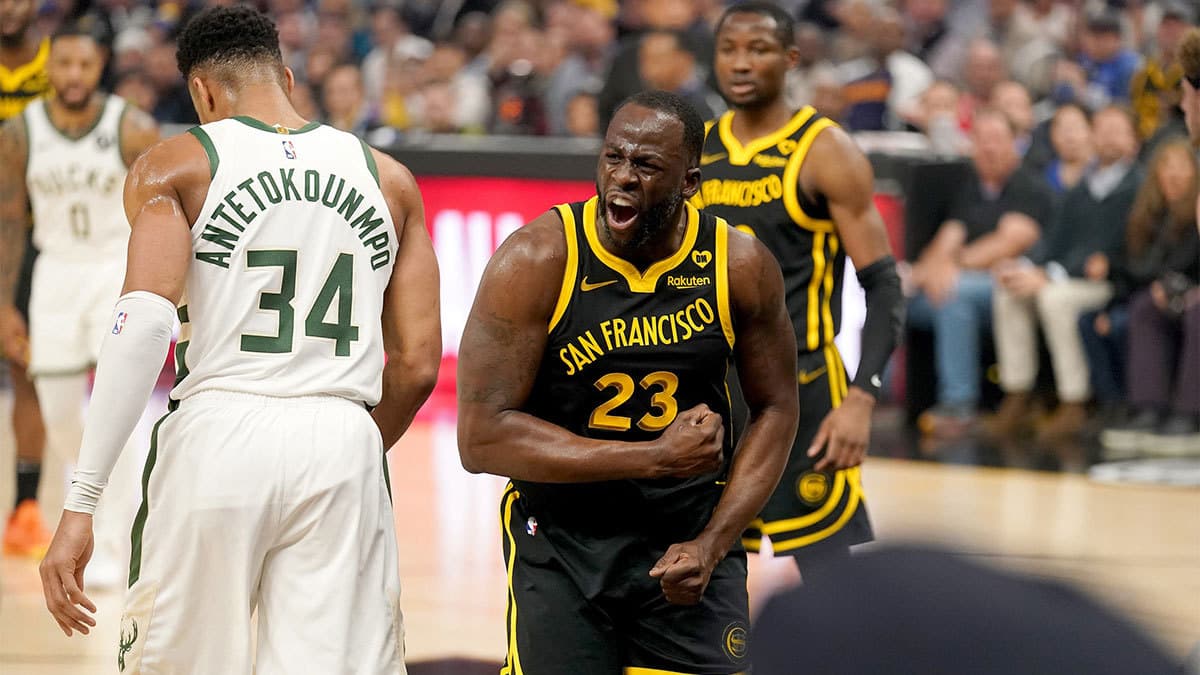Moving on from Jordan Poole should've been a tough pill to swallow for the Golden State Warriors. Not only were the Dubs trading a 23-year-old who helped them win a title as negative value, but Poole's departure marked the unofficial end of Golden State's second timeline behind its dynastic core of Stephen Curry, Draymond Green and Klay Thompson.
Given the positive financial ramifications and on-court benefits of swapping him for Chris Paul, though, trading Poole turned out to be a “pretty easy” decision for Mike Dunleavy Jr. and a revamped front office. The Warriors' new general manager discussed the Poole-Paul trade on Friday, explaining how the controversial trade benefits his team on multiple fronts.
“I think the deal for us accomplishes two things: One, it helps our team next season, and two, it helps our team down the road financially kind of even some things out for us. You bring those two things to the mix…The NBA is a year-to-year business at this point,” Dunleavy Jr. said on The Jim Rome Show. “For us to turn around next year and go back out and feel like we have a chance to compete for a championship with whatever it is, five, six, seven teams, that's all you can ask for and we feel like Chris enhances that. So to make the move made a ton of sense, and it helps free up some stuff financially. For that regard, it was a big swing you could say or whatever, but for me, it was honestly a pretty easy move. Hate to see Jordan Poole go—love the guy, I was a big part of drafting him. But it was what's best for the franchise.”
The underlying factor regarding Poole's exit that Dunleavy conveniently avoided mentioning? How an irreparably fractured relationship with Green made bringing him back for another season untenable, especially in wake of Poole's listless playoff performance.
Golden State is also just a flat-out better team with Paul, whose non-guaranteed $30 million contract for 2024-25 also gives the Warriors additional flexibility at the trade deadline. If Paul's integration doesn't go smoothly as anticipated, he could be moved in February for another high-priced veteran—or a pair of players with mid-sized deals— who would better help the Dubs' quest for a remarkable fifth title in nine seasons.
Poole's deterioration might not have happened if Green hadn't punched him in the face last October. But there was never any sense in retaining him after the playoffs, a reality Dunleavy and company came to especially easy terms with once Paul became available, and rightfully so.



